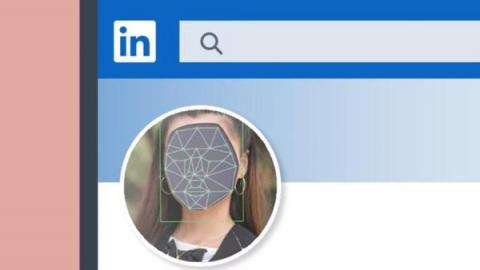Developing an Effective Change Management Program
Change detection is easy. What is not so easy, is reconciling change. Change reconciliation is where most organizations stumble. What was the change? When was it made? Who made it? Was it authorized? The ability to answer these questions are the elements that comprise change management. Historically, the haste of accomplishing a task consisted of a sysadmin moving full-speed ahead to satisfy the needs of the business.




